To what extent should secular public schools accommodate the diverse religious faiths of their students? This is the heated question Carlmont High School now faces.
This year, not one, but two major Carlmont events fall on important Jewish holidays.
The annual Welcome Back Assembly, a favorite of many students, is being held on the same day as Rosh Hashanah, the Jewish New Year, when many Jewish students miss school to spend the day in temple. As if this wasn’t enough, this year’s prom falls on the first night of Passover, the commemoration of the liberation of the Jewish people from Egyptian slavery, which many Jews celebrate with a festive dinner (the seder) among friends and family members. The Carlmont schedule is thus forcing some students to choose between attending two of the most momentous events of the school year, and doing what is expected of them by their faith and families.
As a Jewish student myself, I find this situation very difficult. Though I have never considered myself a very religious person, I still take my faith seriously and feel disappointed when society overlooks part of my identity while making room for other religions.
As a public school student, I had the expectation that religion would never interfere with my studies, and that while I was at school, I would never have to feel inferior because my beliefs differed from the norm. And yet somewhere along the line I realized that this isn’t always true.
For one, many of my classmates and teachers refer to Winter Break as Christmas Break. And while I enjoy two weeks off as much as any high school student, the simple fact is that Christian students never have to worry about their most significant holiday falling on a school day.
I have never complained about school being in session on key Jewish holidays such as Rosh Hashanah and Yom Kippur, when I stay home with my family. I understand that it would not make sense to cancel classes when only a small portion of the student body observes these holidays (whereas some of my family members who live in areas with larger Jewish populations do have public school cancelled on these holidays).
Still, it has bothered me that some teachers have been unwilling to make accommodations for students of minority religions. In the past, tests have fallen on Jewish holidays, and students who chose temple over school have been left with the responsibility to find another day to take the exam. I imagine students who belong to other minority faiths have faced the same difficulties.
But this year is much worse. It’s one thing to miss a school day because of a religious holiday; it’s another to have very special school events, which could be scheduled any day of the year, planned on dates when some Jewish students can’t participate.
A spotlight was shined on these conflicts last week when a Carlmont junior started a petition to have the dates of these events changed. The petition has since received more than 1,000 signatures. Unfortunately, it’s a hard situation to fix.
In a recent interview, Carlmont’s Associated Student Body adviser Jim Kelly explained that the school had booked a guest speaker for the assembly and that the prom venue was booked far in advance, thus making the dates very hard to change.
And while it is frustrating that this year will be a challenge for other Jewish students as well as myself if these dates remain the same, my hope is that our community can learn from this situation. As a secular school, Carlmont does not need to structure itself around any particular religious practices. But this doesn’t mean that the school can’t be sensitive to the needs of its minority students.
Sometimes calendars are inaccurate and incidents like this are inevitable. But I’m optimistic that this will prompt not just our school, but public institutions all across the nation to be very careful when planning events, and make sure that conflicts can be kept as minimal as possible.
If church and state are really separated the way we think they are, then public schools hold the responsibility to take all religions into account, and I hope that this complicated situation will teach our community how important this duty really is.
This editorial reflects the views of the Scot Scoop editorial board.

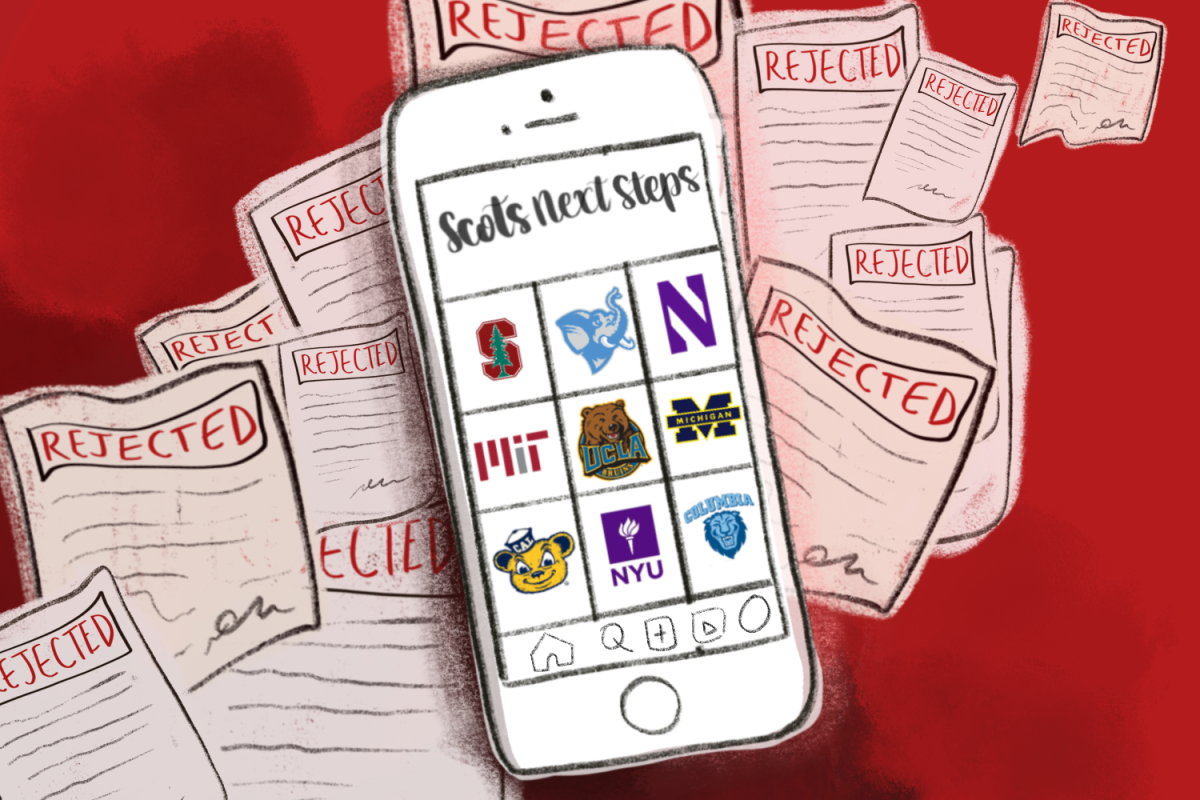
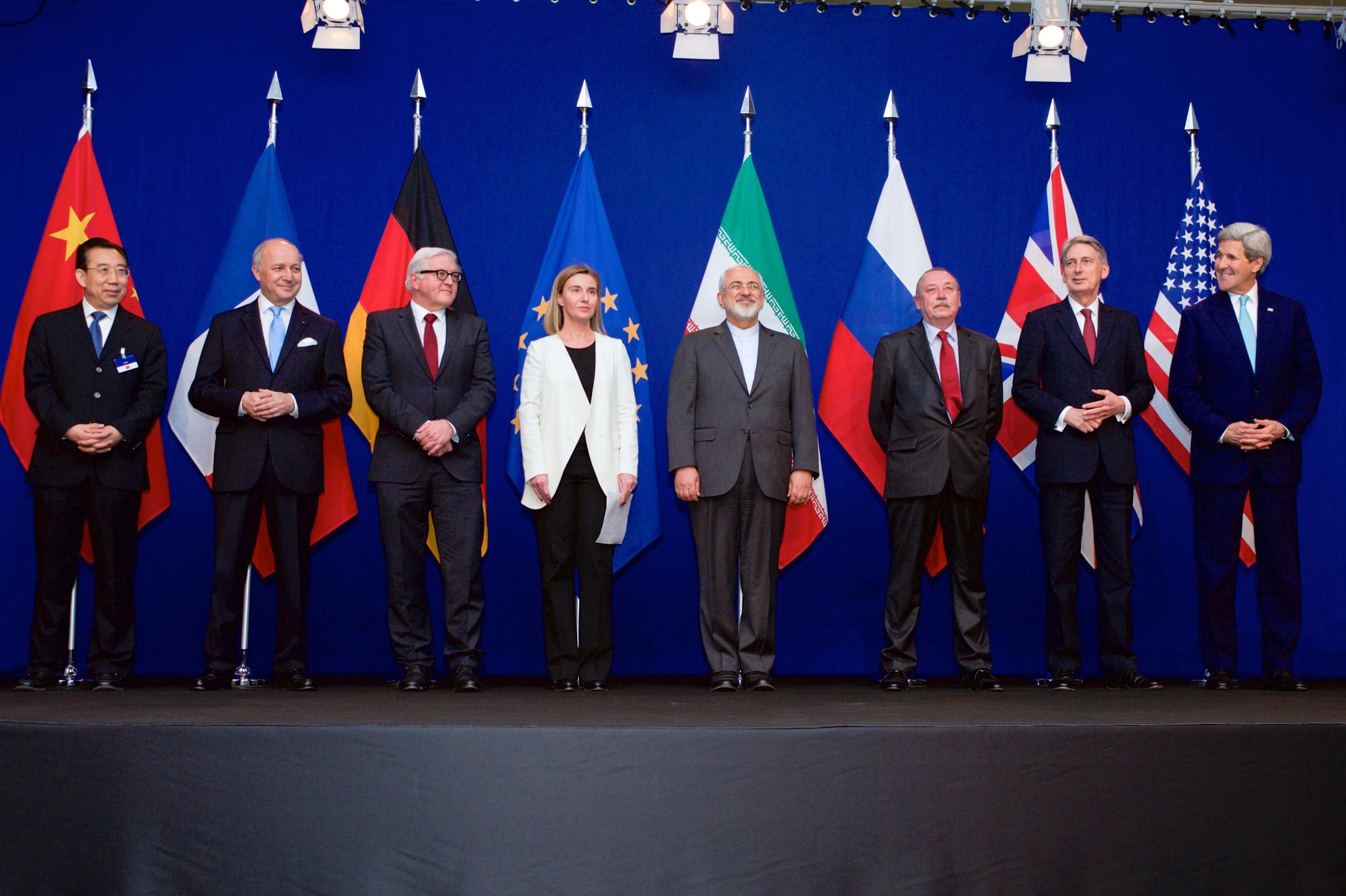
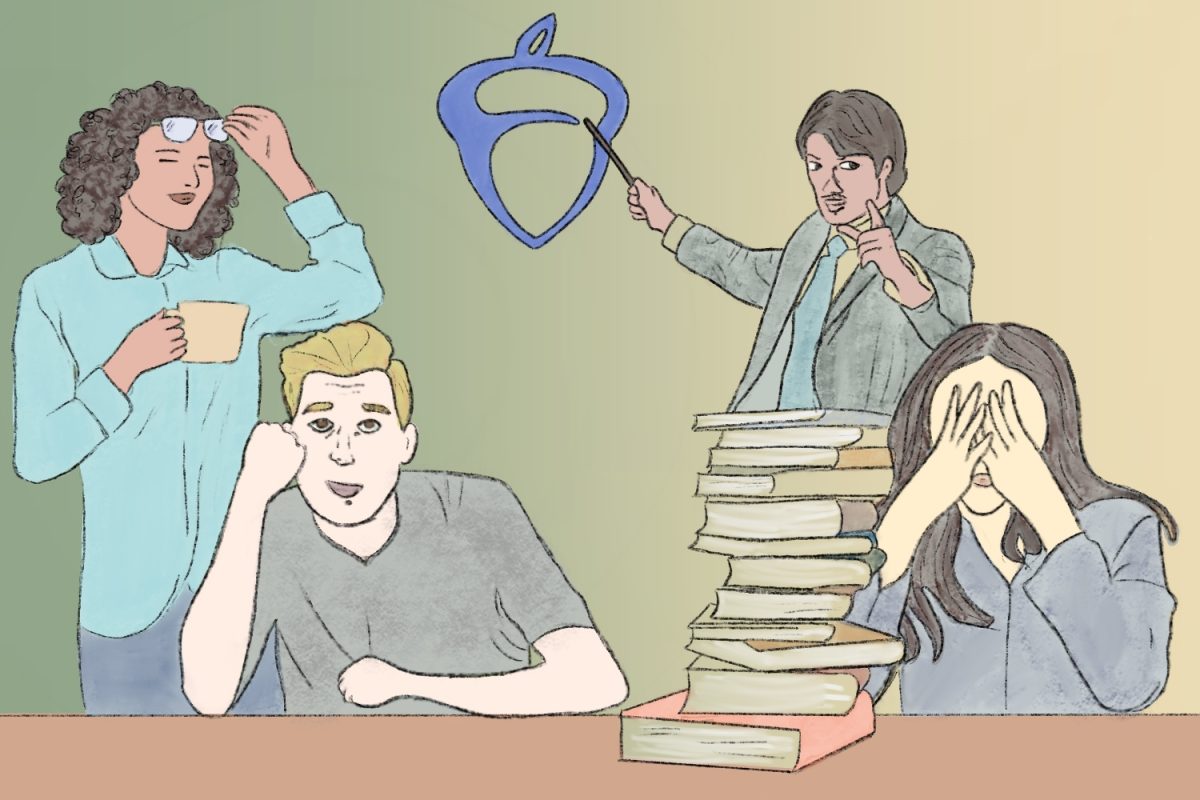
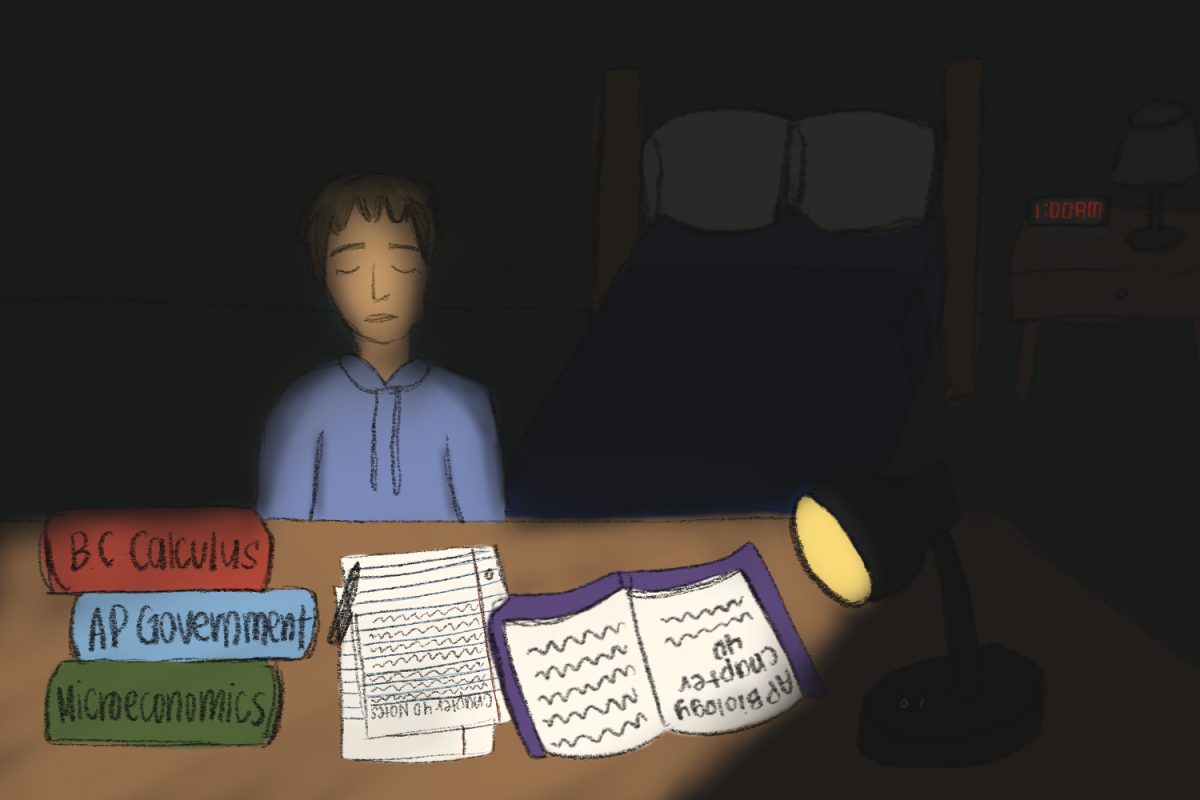
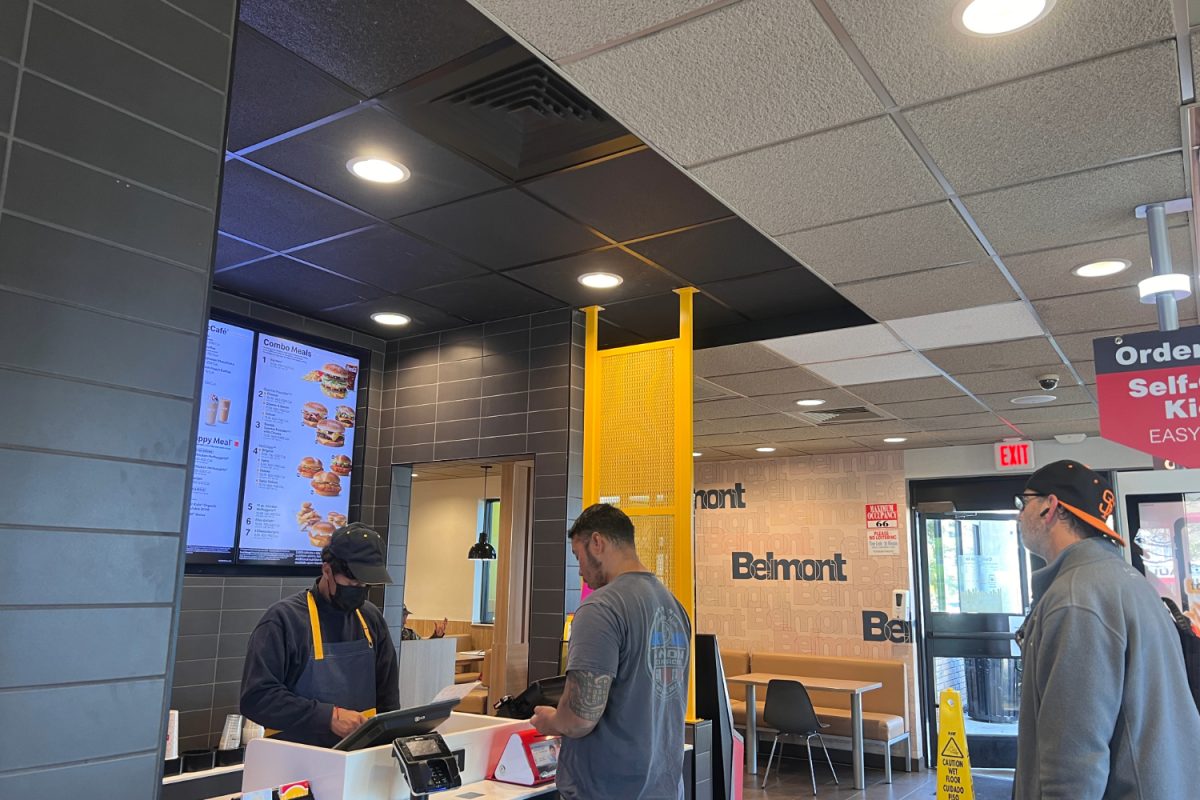
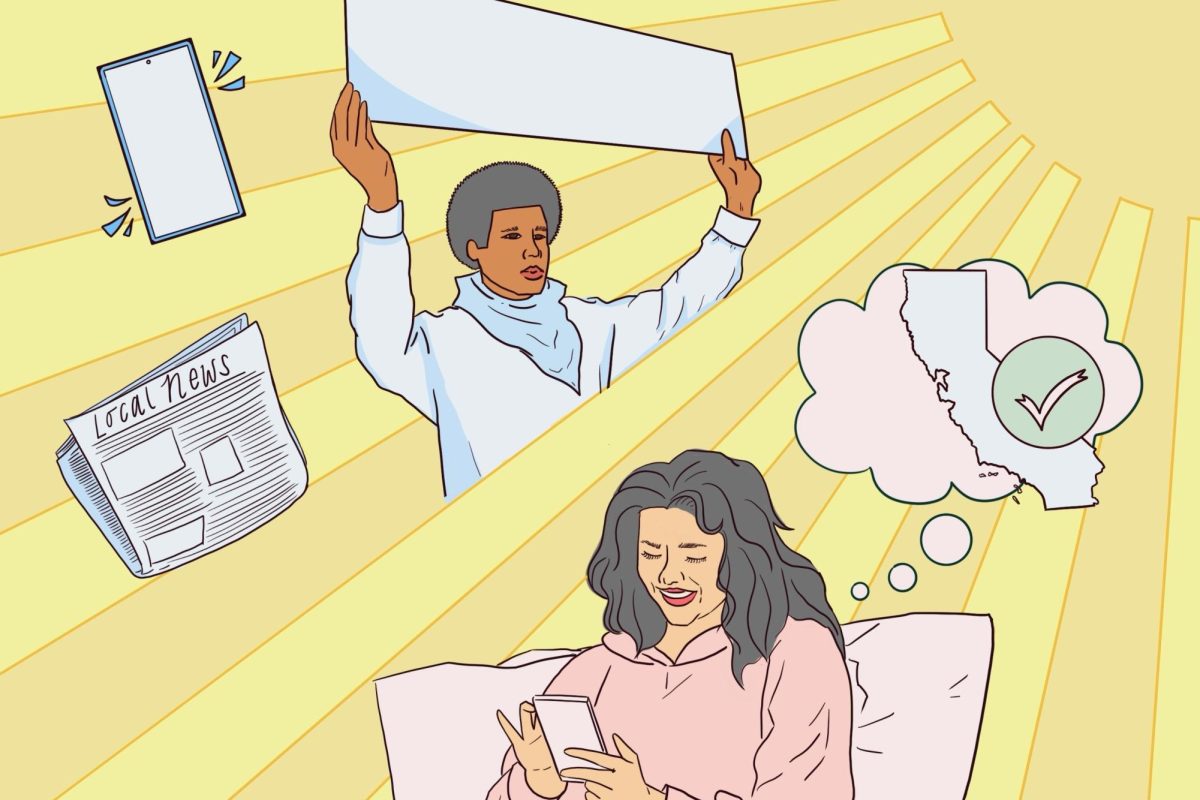
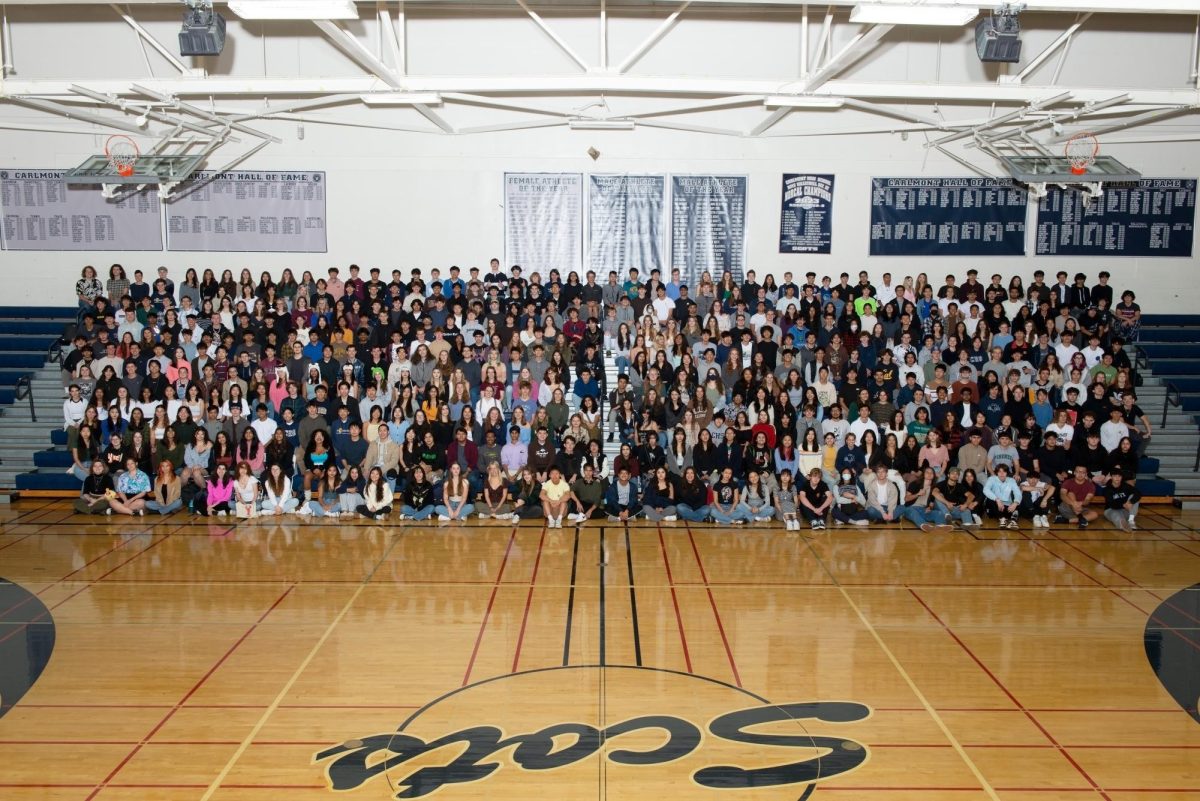
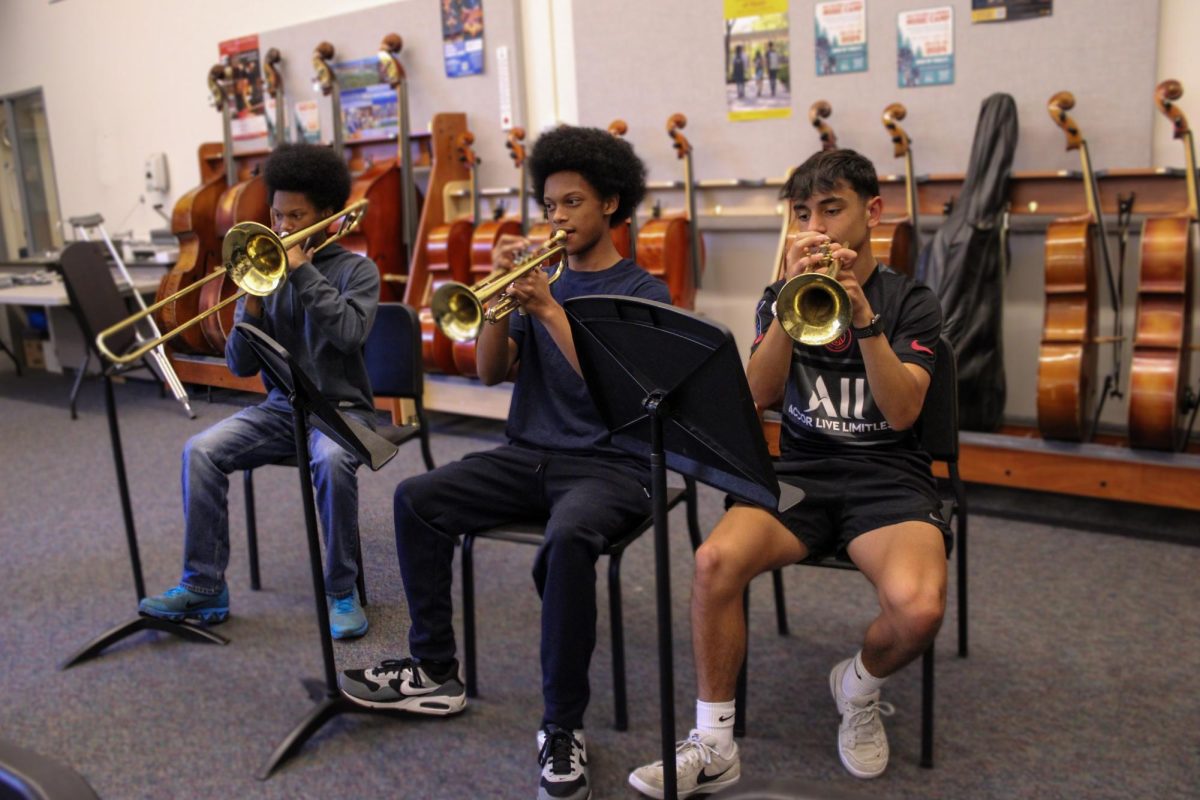
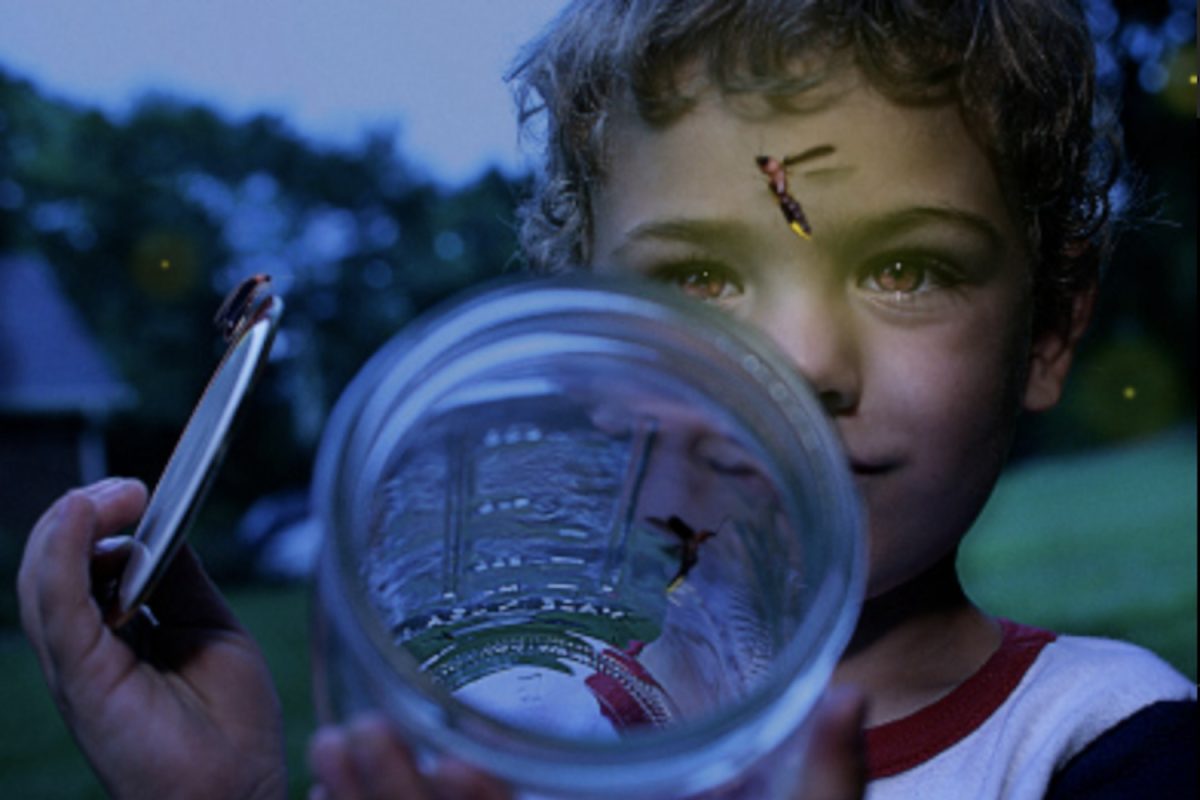
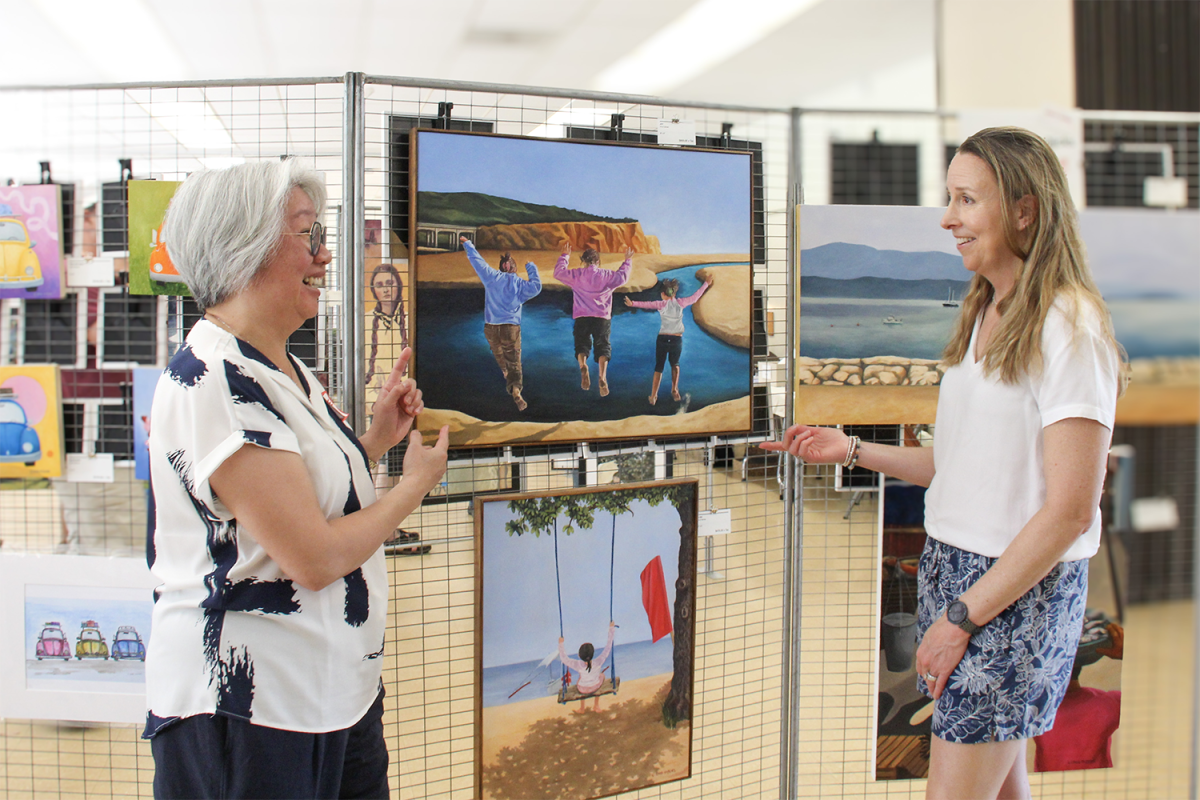
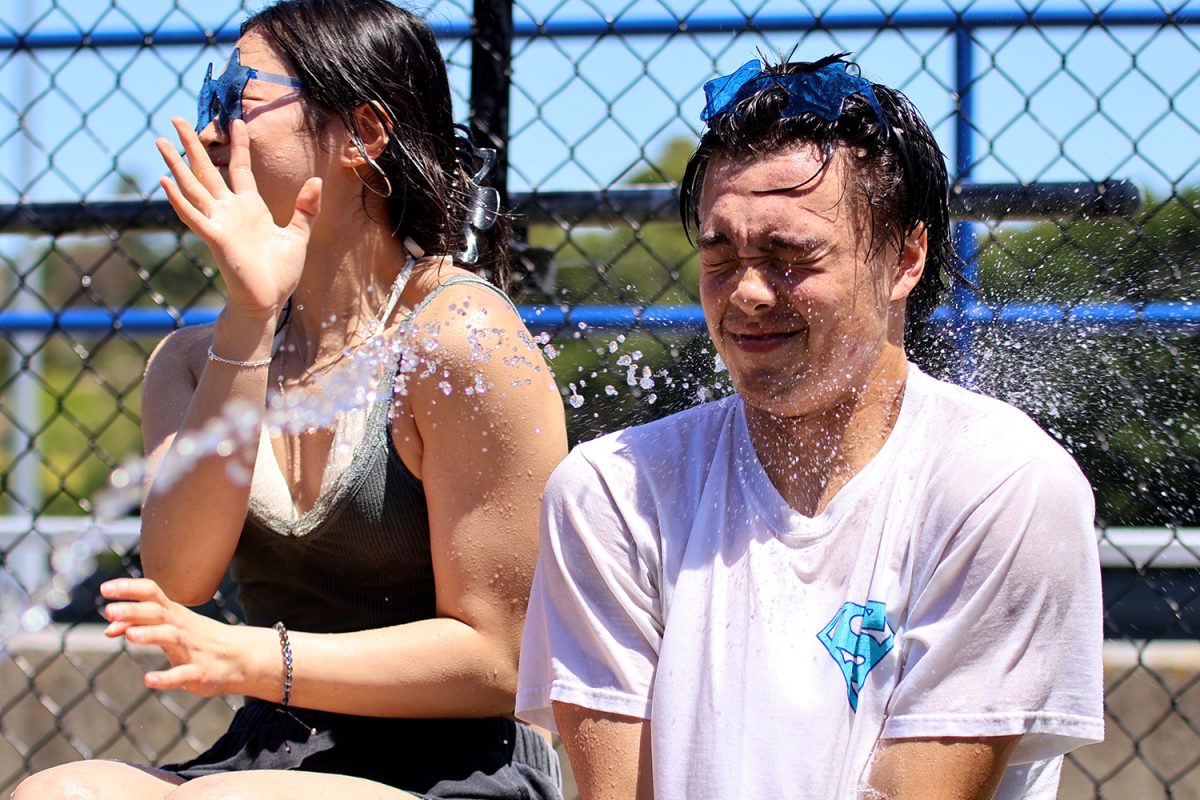
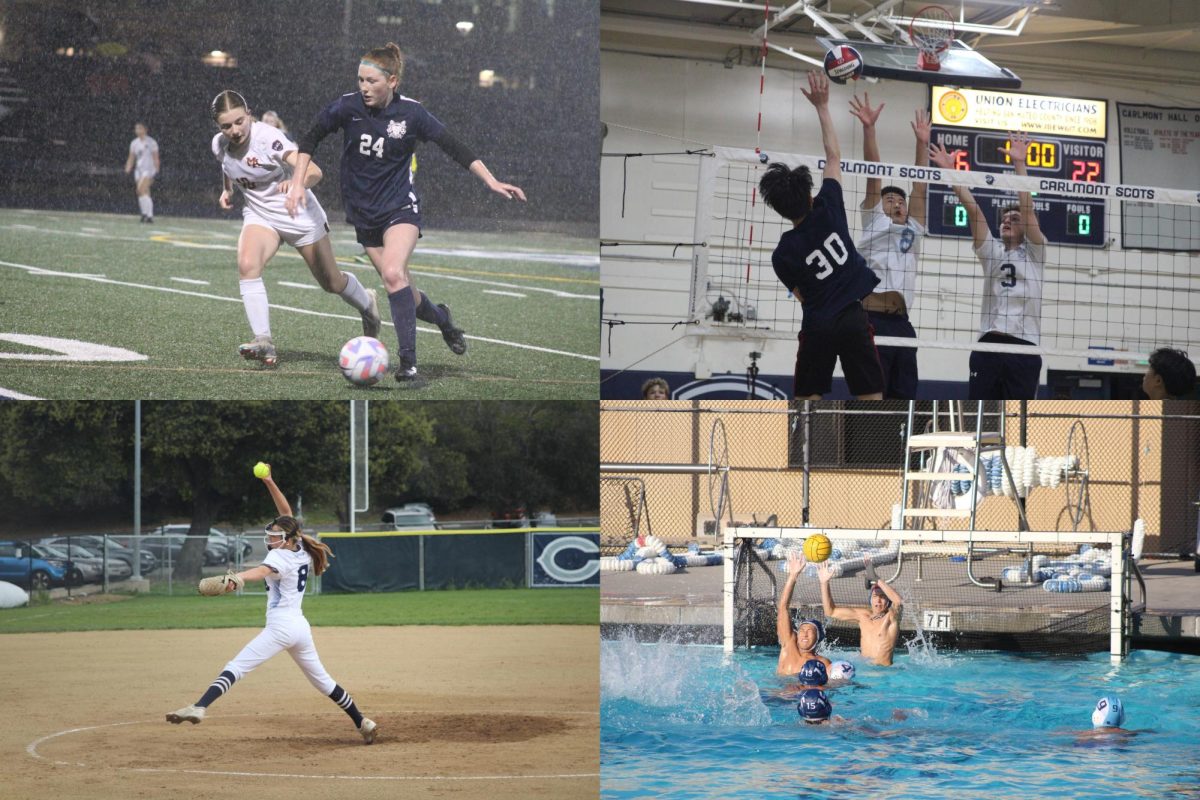
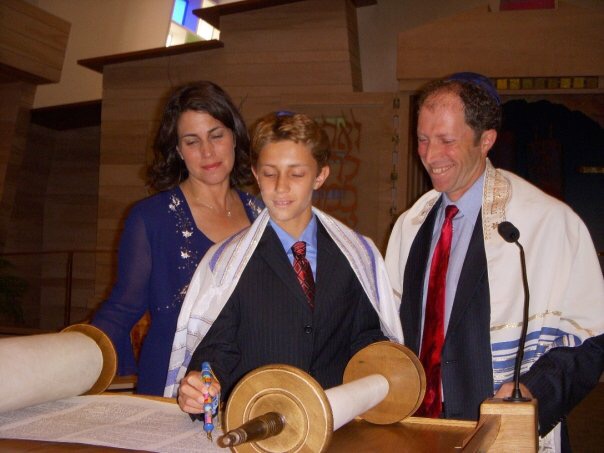
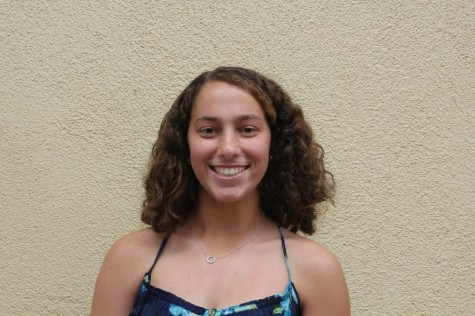

Joshua Rosenbaum • Sep 12, 2015 at 11:29 am
What a great article, I totally agree!
I am always terrified to observe the jewish holidays, as many teachers are unaccommodating, and I am forced to pull all nighters in order to preserve my grades. Sometimes I wonder if the teachers simply do not understand what most jewish holidays comprise of. While some holidays, like Hannukah for example, are very similar to modern Christian holidays, many others, such as Rosh Hashanah, Yom Kippur, and Passover, are not. We don’t get to sit around eating chocolate or unwrapping gifts. We must spend the day in somber prayer in the synagogue. Maybe because teachers don’t understand the significance of these holidays, they don’t feel it is that important to accommodate them. Just hunch though. But regardless, I feel like a lot of people are oblivious to the struggles of students of a minority religion. It feels wrong that I am scared of celebrating my own religion, while other christian students never are pressured to go to school instead of celebrating Christmas.
Mr. Higginbotham • Sep 10, 2015 at 8:44 pm
Alyssa,
I am very proud to see a former student speaking up about an important issue. I agree that if schedules are being made without giving equal consideration to the various holidays celebrated by a diverse student body, then something is wrong. It is obvious that preference is given in regards to religious holidays; as you pointed out, winter and spring break students never have to worry about their holidays coinciding with important school functions. If Carlmont were a truly secular school, and all public schools for that matter, then holiday and school event conflicts would impact this diverse population equally. As an atheist and secular humanist, I believe all religious holidays should have no bearing whatsoever, when school functions and vacations are scheduled. I too am guilty of referring to winter break improperly, and I apologize for that. It is sometimes difficult for a recovering theist to adjust to new beliefs; the evolution can be painful and, at times, scary. I can only hope that our public school system can adjust to the ever-changing tides of human growth and understanding. Open minds and compassion are a great place to start.
Sincerely,
David Higginbotham
7th grade science
Tierra Linda Middle School
P.S. – And by the way, I happily signed the petition asking administrators to have consideration for their diverse student body.
Josh Fagel • Sep 9, 2015 at 8:56 pm
Well-written, although I really needed a haircut at my Bar Mitzvah :/